Teaching Young Children to Play Ukulele
The ukulele is a fantastic first instrument for children. Its size alone makes it kid-friendly, plus with only four strings to think about, kids find it very easy and fun to play.
Of course, we tend to think of ukulele-playing kids as those in the 6-12 age range. How about much younger kids, say, 3- to 5-year-olds? Is it possible to teach the wee ones how to play the uke?
Many teachers think so, but there would be some limitations. Very young children would be able to hold the ukulele just fine, but they may not have the attention span needed to learn more than one or two chords. It would still depend on the child of course. Ukulele player Jake Shimabukuro, one of the first people to popularize the instrument in the past decade, started learning to play at the tender age of four.
But no matter how young a child may seem, there’s absolutely nothing wrong with introducing the ukulele to them. Here are some great ideas on helping preschoolers learn.

Let Them Play
When presented with a uke, children familiar with it (or a guitar) would want to strum it like they’ve seen other people do. Let them! During the introductory phase, it’s important that children learn to become comfortable with the instrument first. They may hold it in whichever way they prefer and not in the ‘proper’ way. This is alright, there will be time to learn how to hold and play the uke properly. Let them strum away freely, and eventually you can ask them if they want to learn how to play “Twinkle Twinkle Little Star” (or any other nursery rhyme) with it. When they say yes, that’s your cue to proceed with teaching.

Turn Lessons Into Games
The younger children are, the shorter their attention span. 3-year-olds may not be able to sit still and listen to a serious ukulele lesson as long as 8-year-olds can. The key to getting young children interested is packaging lessons and practice sessions as games you can play over and over. Repetition is key to learning an instrument but it doesn’t have to be boring.
A game-oriented lesson definitely goes a long way in keeping a young child engaged in any instrument, not just ukulele. One of the most basic games you can play with a child is a counting game for practicing strumming. Do one strum down, one strum up, then two, then three, then back to two, then back to one. It can also teach a child to count to ten!

Photo courtesy of Magical Daily.
Mark Their Success
Another thing that keeps kids motivated is to recognize achievement with a token of their success after a completed task or job well done. For example, if the child was able to practice a set of 10 strums with upward and downward strokes without stopping, you could give them one colored pencil or one beeswax crayon, with the goal of completing an entire set of pencils or crayons for the week.
Be a Good Role Model
And last but far from least: set a good example and play the ukulele yourself! Young children learn by observing adults and through imitation. When they see you enjoying listening to music and playing ukulele, they will have a positive outlook about it too, and will want to play like you.
And remember, playing the ukulele is all about being creative and enjoying yourself, so grab your ukes and play with your kid. Have fun!
Guest Post by Ellie McKinsey
Ellie McKinsey is a staff writer at Know Your Instrument and writes often about topics related to studying music and learning instruments. When not writing or performing, Ellie likes to improve her French and enjoy fine wines with friends.



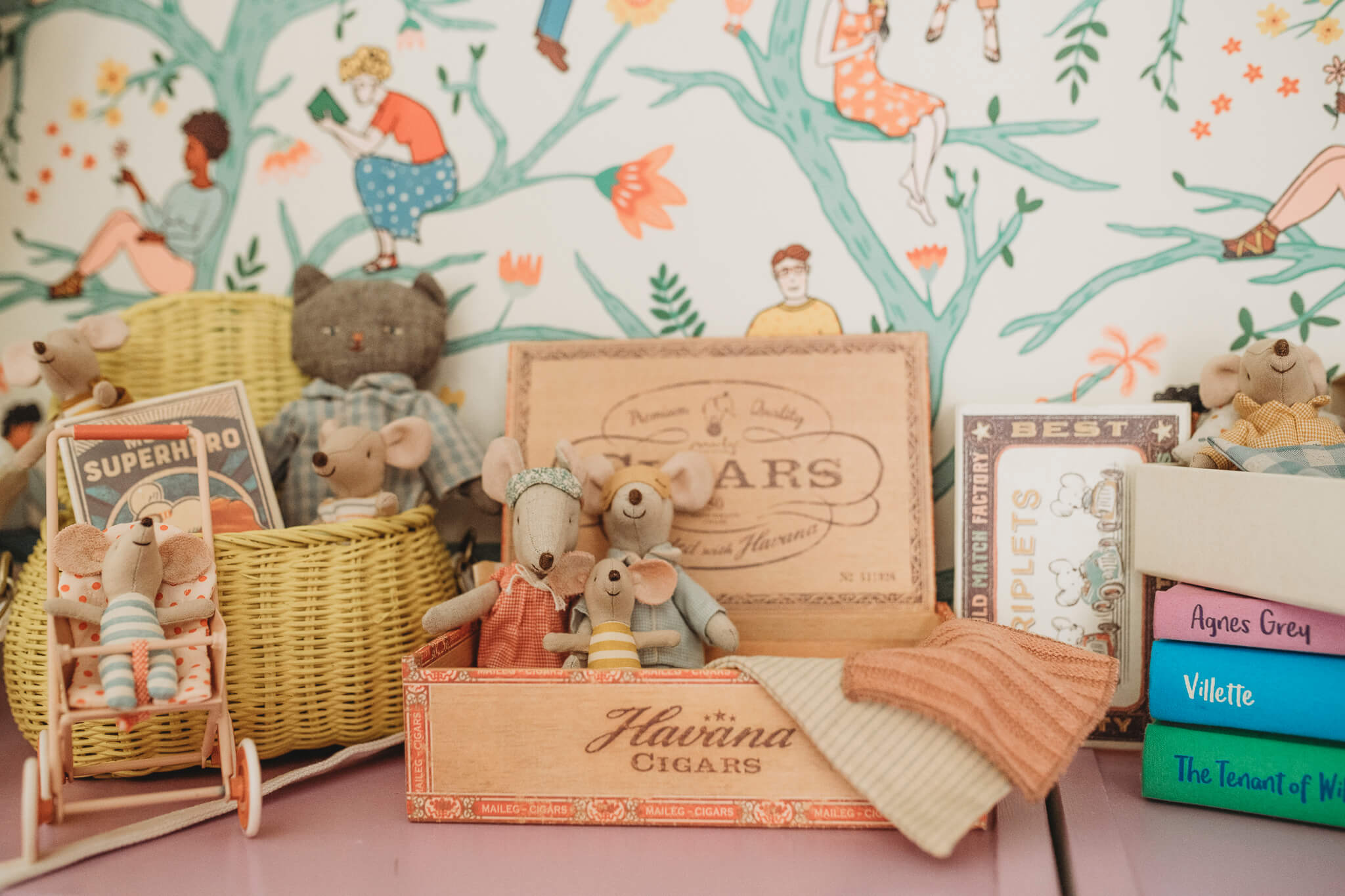
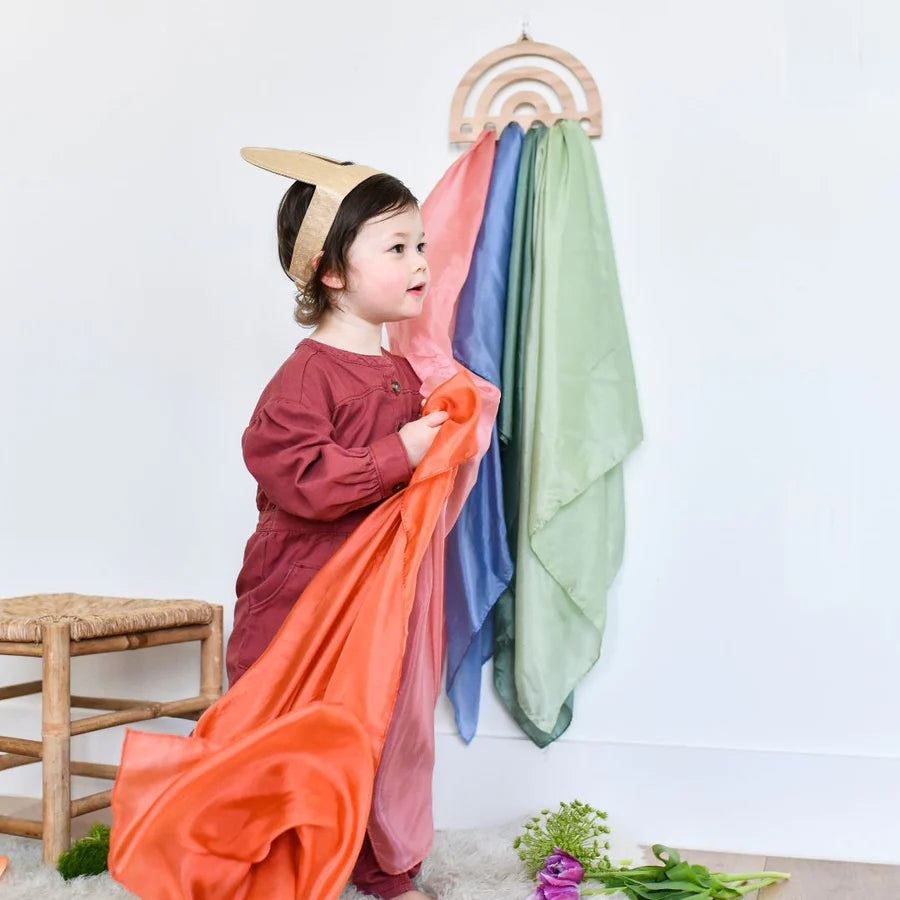




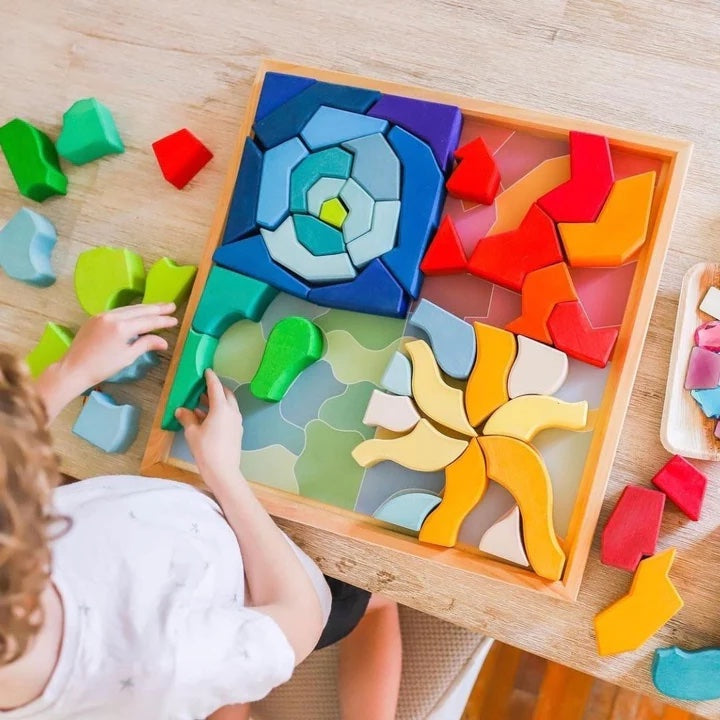


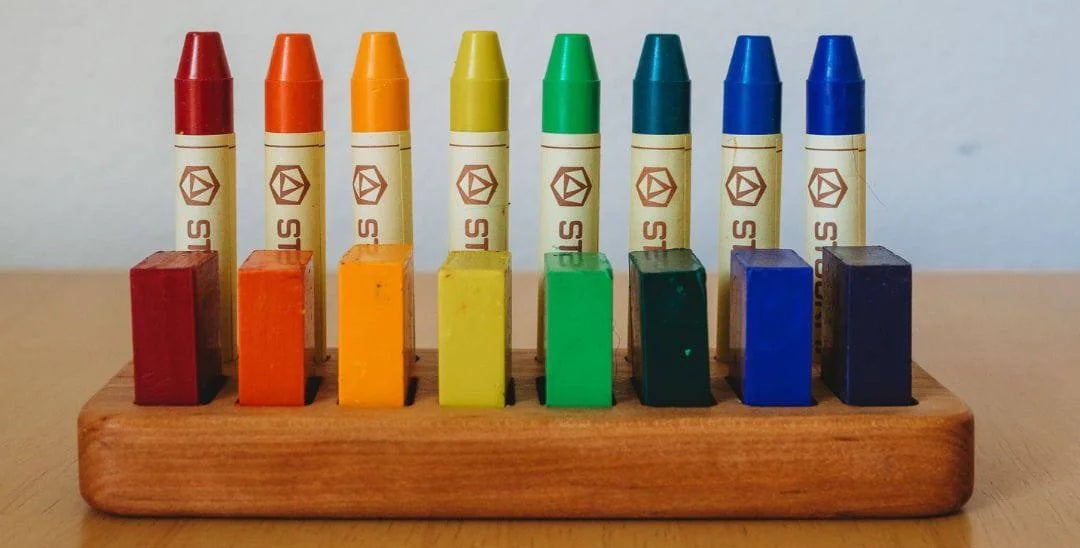

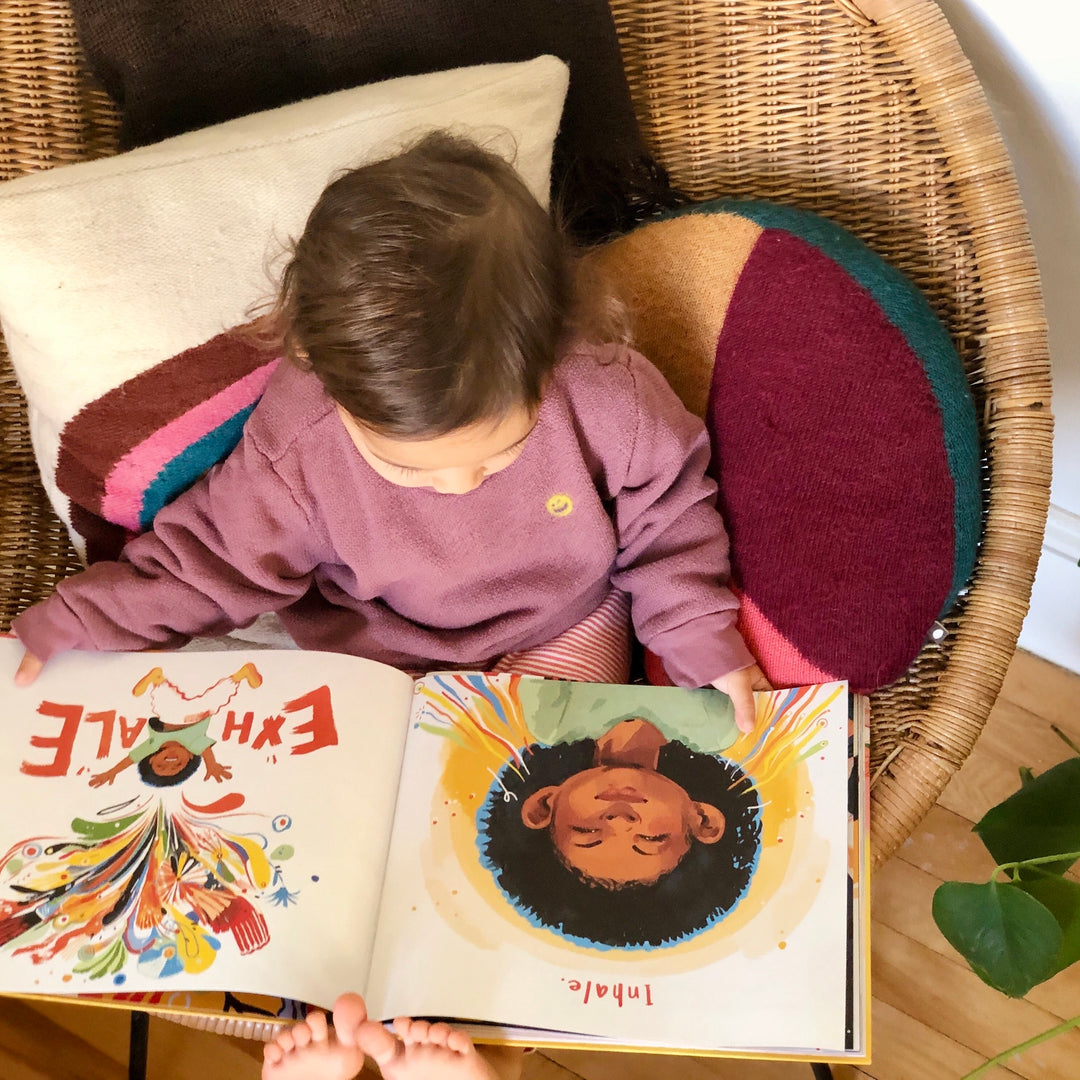

Leave a comment